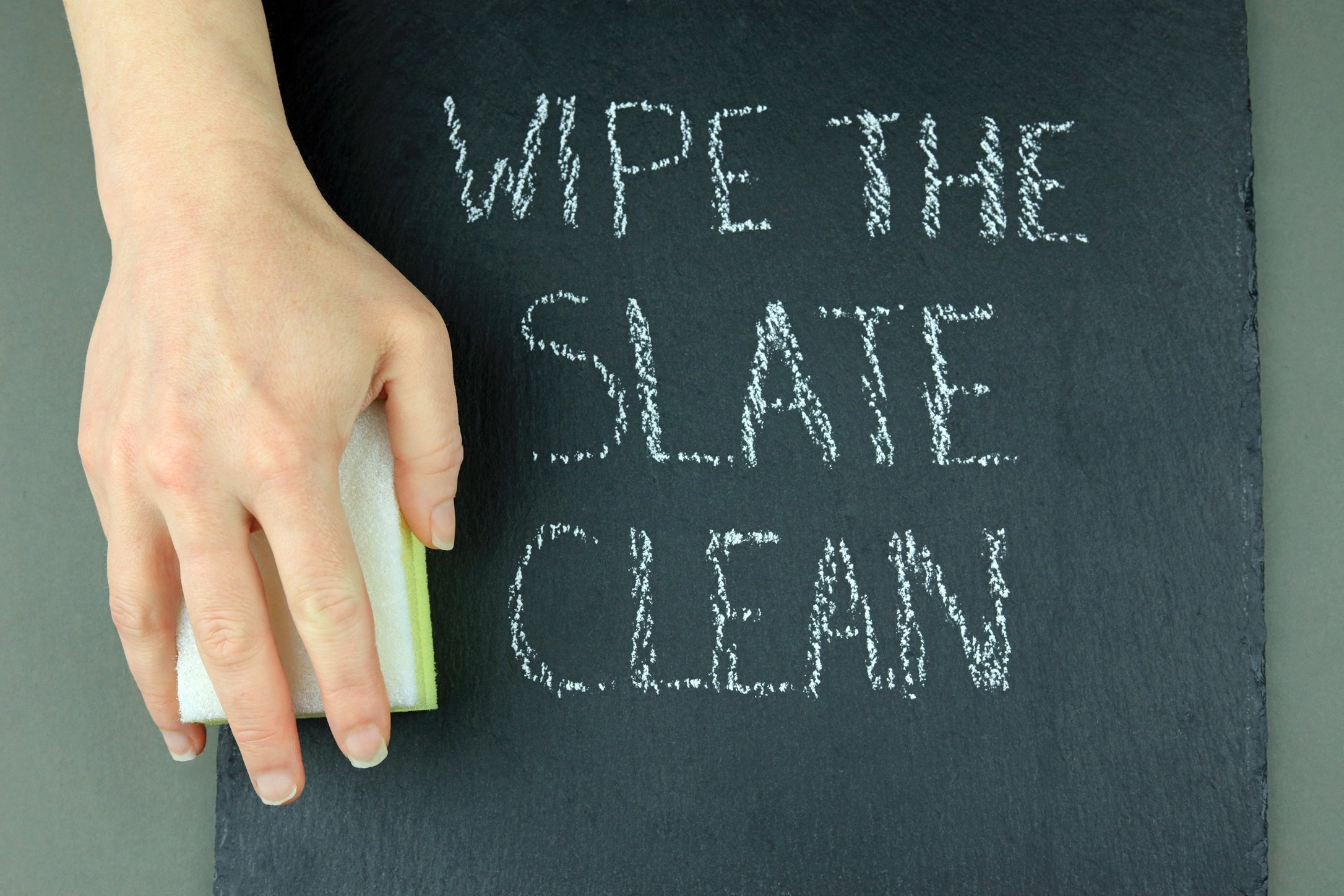Employer's Guide to Using Arrest and Conviction Records and State Laws
While federal law does not prohibit employers from asking about a potential employee's criminal...

Associated with campaigns by civil rights groups and fair chance advocates to remove certain criminal records from public view, the objective of Clean Slate laws are to provide individuals with a ‘clean slate’ following the completion of their criminal sentences. Clean Slate laws have swept across the country with increasing frequency over the past several years, driven by organizations such as The Clean Slate Initiative. These laws operate under the principle that prior criminal convictions can slow societal reintegration, especially as it relates to employment and housing. In many states, Clean Slate laws require the automatic clearing of records for specific low-level offenses, while others require a petition to the court to do so.
While the intention behind Clean Slate laws is undeniably important, employers often have concerns regarding the implications of this type of legislation on their ability to make informed hiring decisions. These laws, along with others that restrict access to certain information, such as salary history and marijuana laws, raise legitimate questions about how employers can effectively evaluate job applicants and ensure they are making sensible hiring choices. With limited access to certain background information, employers face uncertainty about the suitability of job applicants and the safety of the workplace, with the threat of potential negligent hiring claims as a backdrop. Policy aside, though, the rate at which Clean Slate laws are being passed is also leaving employers increasingly concerned about compliance regarding their hiring practices.
In an effort to ease compliance concerns, we’ve compiled the latest updates on Clean Slate laws:
As of January of 2024, the state of Connecticut started automatically expunging more than 80,000 criminal records. While the CT Clean Slate Law passed in 2021, it underwent significant delays due to required technology upgrades. Now, the state isn’t wasting any time in clearing the criminal records of individuals after a certain amount of time has passed, including:
This is in addition to the 40,000-plus low-level convictions involving cannabis in 2023 under the Connecticut cannabis law.
In 2018, Pennsylvania became the first state to pass a Clean Slate law, automatically sealing the records of lower-level non-violent offenses for those without a criminal conviction within the past 10 years. Pennsylvania expanded that legislation once in 2020 and recently expanded it again. Pennsylvania’s recent legislation allows for more criminal records to be sealed. The PA Clean Slate law now:
The state of New York recently passed its own Clean Slate law, going into effect later this year on November 16, 2024. As of that date, the criminal conviction records of individuals convicted of certain state crimes will be sealed from public access once those individuals have completed their sentences and maintained law-abiding behavior for a specified period of time. Specifically, convictions under the NY Clean Slate Act include:
Convictions involving Class A felonies (where a maximum life sentence could be imposed) are not eligible for sealing in New York under the new law.
In 2023, the following states had Clean Slate Laws that became effective –
While Clean Slate laws are widely applauded by some for their potential benefits, they also present some barriers in navigating the recruitment and hiring processes. One of the primary concerns raised by employers is how to ensure workplace safety, particularly for positions requiring a high level of trust or involving sensitive information, without knowing about the applicant’s past criminal behavior. Additionally, some employers also struggle in being able to understand if the applicant is even suitable for the position for which they applied. A lack of transparency into a job candidates criminal background also exposes employers to liability in the case of a negligent hiring lawsuits. The delicate balancing act between the societal goal of offering second chances and ensuring workplace safety and suitability remains a daunting task for employers.
As discussed in our Top 10 Background Screening Predictions for 2024, the Clean Slate law trend is not going to end any time soon. In anticipation of new legislation this year, employers should prioritize understanding, and complying with, relevant laws in the states in which they operate. It’s also important to recognize that compliance with these laws does not reduce the importance of comprehensive background checks. Rather, it remains the most effective means of evaluating an applicant’s suitability for the position and the company.
Many employers are being proactive and are now opting for a more comprehensive approach to background checks to fill in the gaps and onboard the best-suited applicants while safeguarding the company’s interests. This often includes incorporating Social Media Checks, News and Publications, Employment Verifications, and Professional References to gain a more holistic understanding of the applicants. For example, various verification methods, including employment, education, professional licenses, and references, serve as resourceful tools in assessing an applicant’s character and integrity. These verifications help ensure the accuracy of information provided on resumes or job applications and reduce the likelihood of hiring applicants who are dishonest. Ultimately, employers bear the responsibility of knowing the individuals they hire. By embracing these practices, they can make more informed hiring decisions and mitigate potential risks without relying on criminal histories.
Orange Tree is an expert in background screening services, including Social Media Searches, Employment Verifications, and Education Verifications, all of which can be tailored to the unique needs of each employer. Not only do we know what we can search for, and report on, but we serve as an extra layer of protection between the employer and the applicant. Schedule time to Speak with Our Team to learn more and to assist you in navigating the intricacies of these searches.